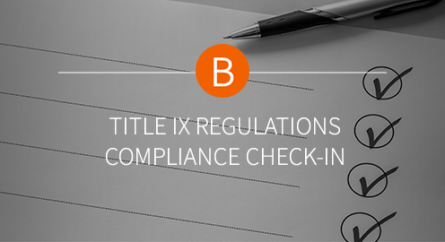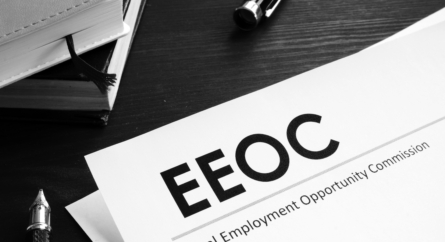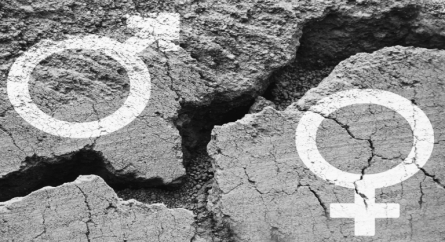HRMA Perspectives publishes “Massachusetts Employers Beware – Denying an Internal Lateral Transfer Request May Now Constitute an Adverse Employment Action”
To prevail on a claim for employment discrimination under the Massachusetts anti-discrimination statute, M.G.L. 151B, an employee must prove that: (1) he is a member of a “protected class” listed in the statute; (2) he suffered an “adverse employment action” at the hands of his employer; (3) the employer acted with “discriminatory animus” (i.e. a discriminatory motive, intent, or state of mind); and (4) the “discriminatory animus” was a material and important reason for the employer’s action.
On January 29, 2019, the Massachusetts Supreme Judicial Court issued a significant opinion liberally construing the scope and meaning of the “adverse employment action” element under 151B. Prior to this opinion, it was settled that denying an employee a promotion could constitute an adverse employment action. However, in this case, the SJC went further and concluded that denying an employee’s request for a lateral transfer (i.e. a reassignment to a position of equal rank) may constitute an “adverse employment action” where the employee can demonstrate “material differences” between the two positions in the possible opportunity for compensation, or in the terms, conditions, or privileges of employment.
The case, Yee v. Massachusetts State Police, was initiated by State Police Trooper Warren Yee in 2014, after the State Police denied his request to be transferred to the troop that patrols the area of Logan International Airport (where Yee alleged that lucrative opportunities for overtime and details were more frequent). After Yee’s initial request was denied, at least seven other officers from his troop received the desired transfer: all were white men, most of them younger than Yee, and many of them less qualified. Yee complained, but still failed to secure the transfer he had long sought. Yee brought suit, and alleged that he was discriminated against on the basis of his age, race, or national origin. The trial court granted summary judgment for the State Police, reasoning that Yee would have the same base salary in either position, and that merely denying Yee the possibility of earning additional compensation from more numerous details and available overtime did not amount to “lost money” in such a way that a reasonable jury could conclude that he suffered an adverse employment action. Yee appealed and the Supreme Judicial Court reviewed the case on its own initiative.
The Supreme Judicial Court disagreed with the lower court, maintaining that to satisfy the “adverse employment action” element in a lateral transfer case, an employee must put forward evidence of any “objective indicator of desirability” that would permit a reasonable factfinder to conclude that the desired position is “materially more advantageous” than his currently held position. The SJC then concluded that Yee’s opportunity to earn additional compensation through the greater availability of overtime and paid details was an “objective indicator of desirability,” and held that Yee had put forward sufficient evidence by offering the testimony of one other trooper who earned more in overtime and paid detail work after being transferred from Yee’s troop to the Logan International troop.
Because the SJC concluded that Yee had met his initial burden of proving that he suffered an “adverse employment action,” it remanded the case back to the trial court to determine whether the State Police was motivated by discriminatory animus when it denied Yee’s request for a lateral transfer. In order to defend against Yee’s allegation that the denial of his request was motivated by discriminatory animus, the State Police will have to present evidence of a legitimate, non-discriminatory reason for its decision to deny Yee the lateral transfer. If the State Police can do so, it then will be up to Yee to demonstrate that the proffered reason is merely a pretext and that the transfer denials were in fact motivated by discriminatory animus.
In the meantime, Massachusetts employers should take notice that denying a request for a lateral transfer can constitute an “adverse employment action” for the purposes of a 151B discrimination claim, particularly where there are material differences in the opportunity to earn compensation or in the terms, conditions, or privileges of employment between the two positions. Employers should be vigilant about making sure that they can articulate and support a legitimate, non-discriminatory reason for denying an employee’s request for a lateral transfer.
This article was published by the Human Resources Management Association (HRMA).
Categorized: Publications
Tagged In: Massachusetts employment laws, adverse employment action, discrimination, lateral transfer









